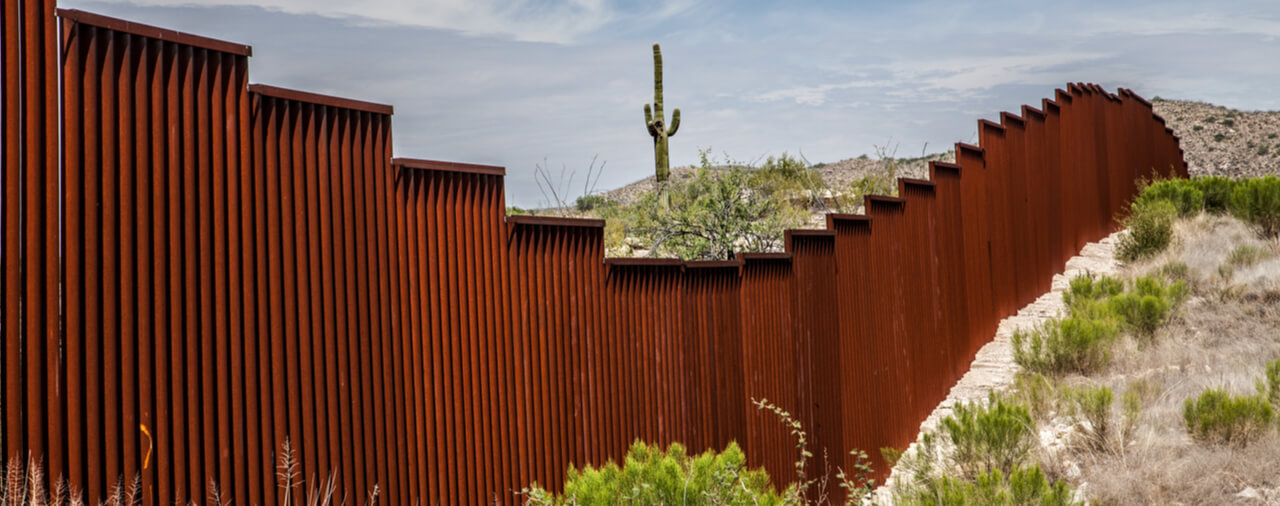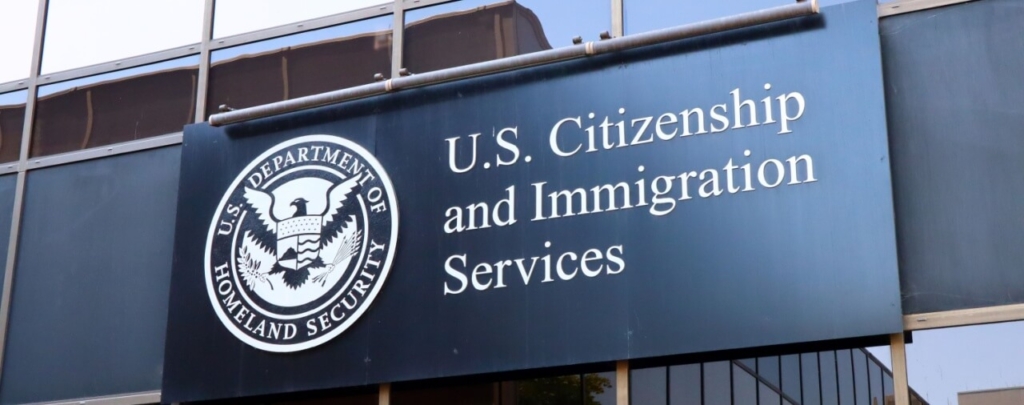Introduction
On May 9, 2017, the United States Customs and Border Protection (CBP) published new border apprehension statistics along the Southwest border for April of 2017 [link]. The CBP statistics indicate that there were fewer illegal border crossings in April 2017 than there have been in a single month for several decades. In this post, we will review the new statistics. Please see my post on the March 2017 statistics to learn about those in detail [see blog].
Overview
April 2017 saw the lowest number of apprehensions along the Southwest Border in decades. The CBP reported that 11,129 individuals were apprehended between ports of entry on the Southwest Border in April. This startlingly low number is a slight decrease from the 12,193 individuals similarly apprehended in March. In April, 4,651 individuals presented themselves at ports of entry along the Southwest Border and were deemed inadmissible. Of these, only 998 were unaccompanied alien children. This is actually a slight increase from 4,404 in March. The total number of apprehensions and inadmissibles in April was 15,780. This was not only a decrease from the 16,600 in March, but the lowest number in decades.
The overall decrease in apprehensions along the Southwest Border in early 2017 is stark. After seeing 42,473 apprehensions/inadmissibles in January, the subsequent three months saw 23,563, 16,600, and 15,780, respectively. In most years, the number of apprehensions/inadmissibles increases during the spring; however, 2017 is showing the opposite trend thus far. For reference, please see the following chart from the CBP website:
[Click image to view full size]
The chart shows that February, March, and April of 2017 have individually and cumulatively had the lowest number of apprehensions/inadmissibles at the Southwest Border of any months since fiscal year 2012. The 15,780 apprehensions in April 2017 were down from 48,502 in April 2016, a decrease of approximately 77-percent. The second best previous year on the chart, April 2015, still saw 38,296 apprehensions/inadmissibles, well over double the number in April 2017.
For a detailed breakdown of apprehensions in April 2017 by sector, please see the following chart:
| Sector | FMUA FY 2017 MAR | UAC FY 2017 MAR | Total Apprehensions FY 2017 MAR |
|---|---|---|---|
| Big Bend | 36 | 51 | 413 |
| Del Rio | 23 | 47 | 590 |
| El Centro | 32 | 55 | 850 |
| El Paso | 165 | 100 | 905 |
| Laredo | 31 | 88 | 1,304 |
| Rio Grande | 672 | 447 | 3,941 |
| San Diego | 86 | 53 | 1,394 |
| Tucson | 17 | 120 | 1,489 |
| Yuma | 57 | 37 | 243 |
| USBP Southwest Border Total | 1,119 | 998 | 11,129 |
Conclusion
The Washington Times notes one peculiarity of the decrease in apprehensions along the Southwest Border in the early months of the administration of President Donald Trump:
Even before a foot of Mr. Trump’s planned border wall is built or any more agents are hired, the threat of being sent home has forced would-be migrants to rethink making the journey, officials said.1
Although the Department of Homeland Security (DHS) is working to implement President Trump’s Executive Order on border security [see article], it is true that many of its initiatives — such as a border wall and the hiring thousands of new CBP agents — have not yet taken effect [see blog]. It is unclear how much of the decrease in apprehensions can be attributed to messaging and how much is attributable to actual policy changes. Because the number of apprehensions tends to increase during the summer months, we may soon see an indication of how sustainable the recent trends are. Furthermore, the Washington Times article reports that April saw an increase in the seizure of “hard drugs including heroin, cocaine, and methamphetamine,” indicating that drug trafficking may be at rising even while the number of illegal border crossings decline.
In any case, the early border security news in 2017 is promising [see blog]. Reducing the number of illegal border crossings is essential if the DHS is to have the resources to improve interior immigration enforcement. It will be incumbent on the DHS and the entire Trump Administration to implement policies in the long term to ensure that the recent good news is not a fluke.






